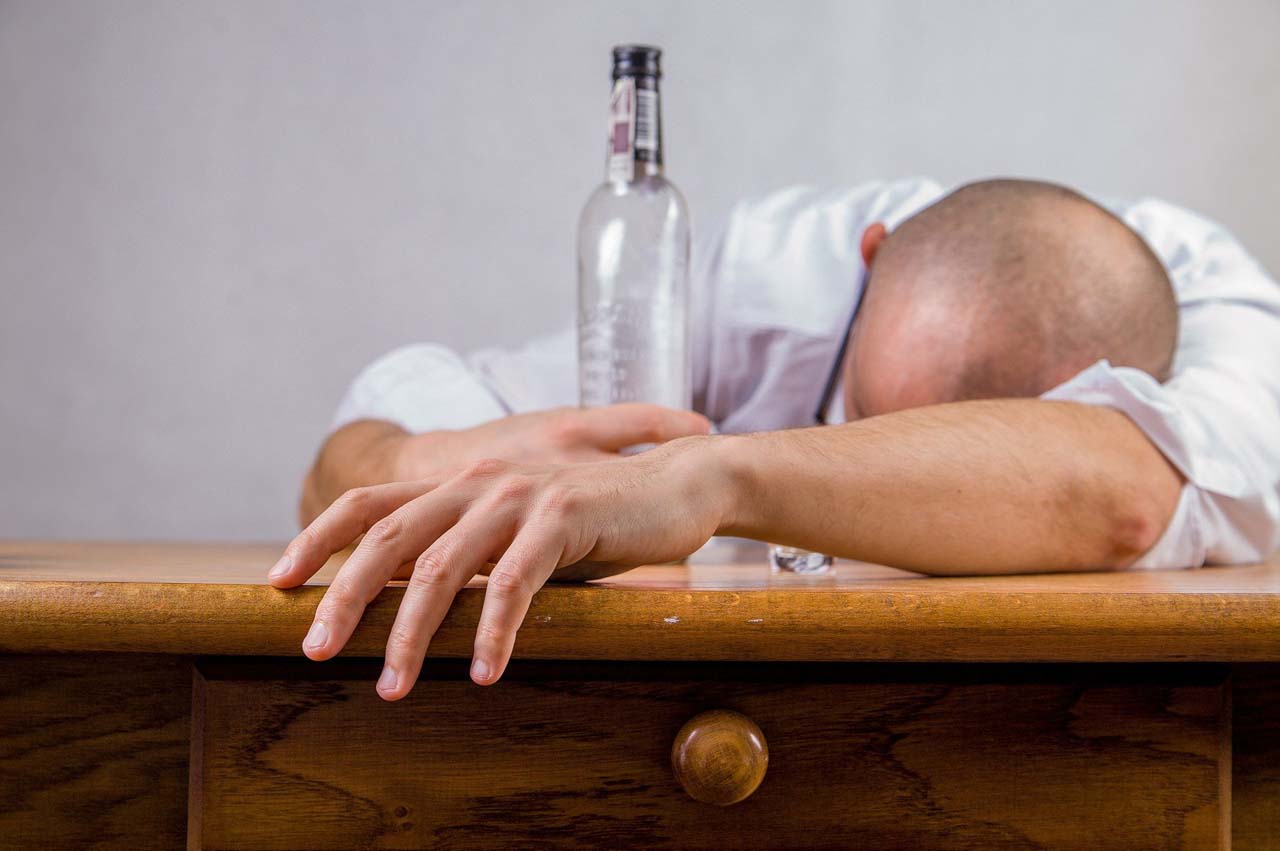
In times of stress many people find themselves drinking alcohol more often and in greater amounts.
The pressures of the past year and the current restrictions have led to higher levels of alcohol consumption with one in five people drinking more in this lockdown.
Frighteningly, alcohol-related deaths were the highest since records began in the first nine months of 2020, up 16% since 2019.
However, the good news is, more than one in three of us are taking active steps to manage our drinking. So, what can you do if you want to change your relationship with alcohol? The following advice from local people who have cut down could help:
‘Keep busy at times you would usually be pouring a drink, getting out for an early evening walk
or listening to a podcast while cooking dinner helped me avoid the urge’.
‘Treating myself to a chocolate bar or an alcohol-free beer instead of a glass of wine made sure I didn’t feel deprived’.
‘I reminded myself that although the situation was tough it would be 10 times worse with a hangover tomorrow.
‘Now I love the energy I have in the mornings’.
The relationship between alcohol and mental health is complex but looking after your mental health could help to reduce the urge to drink excessively.
Alcohol Change UK Says, “Alcohol is sometimes used by people to try and help manage symptoms of anxiety and depression, but excessive drinking is likely to make those symptoms worse.
“Managing your drinking and getting the right support are crucial to good mental health.”
Mood boosters such as exercise or a good chat with a loved one are a great place to start.
The Every Mind Matters website has some good suggestions for self-care.
Working from home and lack of routine can be difficult to cope with and some people find that adding structure to their day helps.
Rather than ‘winding down’ with a drink you could try separating work time and relaxation time by listening to music, lighting some candles or taking your daily outside exercise.
If you need further mental health support our website has links to local and national organisations. www.healthwatchwokingham.co.uk/advice-and-information/2020-08-26/coronavirus-affecting-my-mental-health-%E2%80%93-what-can-i-do
People often tell us that they need an alcoholic drink to be able to sleep but the fact is that alcohol disrupts our sleep and makes us wake up feeling tired and drained.
Louise, who has just completed dry January, says: “I was worried about how I would sleep and in the first week I did find it difficult to drop off. My body had become used to quickly falling unconscious.
“Now though I sleep so much better and wake up feeling refreshed in the morning.
“No more 3am anxiety.”
You may need some help to stop or cut down on drinking and there is support available.
Have a look at: www.healthwatchwokingham.co.uk/advice-and-information/2020-06-26/coping-drinking-habits-during-covid-19-pandemic or contact Drinkline (national alcohol helpline) for telephone support 0300 123 1110.
If someone you care about drinks too much you can call Al-Anon on 0800 0086 811.















































